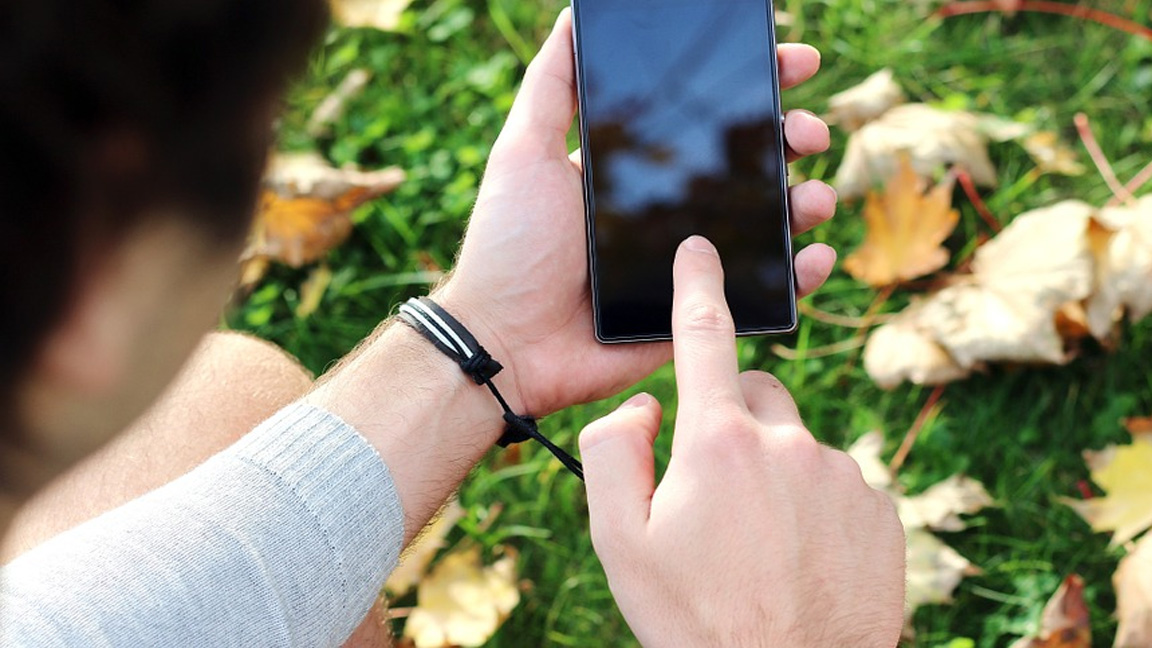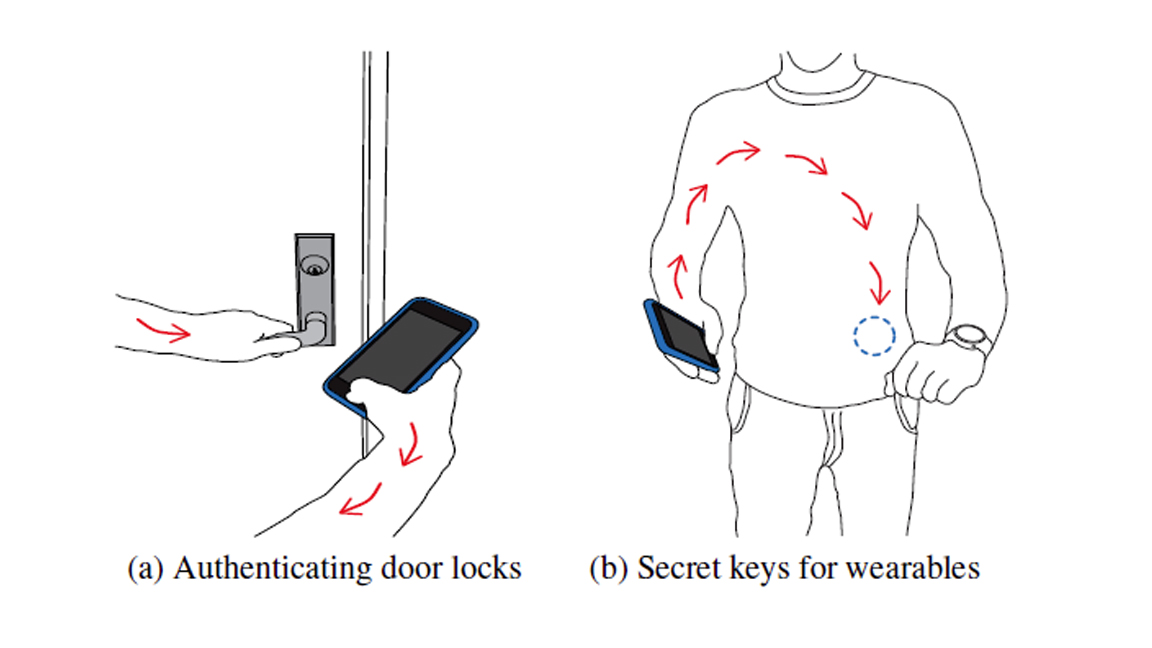Passwords of the future could travel through your body
Researchers can now transmit sensitive data through, well, you

Even the strongest passwords can be vulnerable when transmitted wirelessly. That's why researchers at the University of Washington developed a way to send sensitive data through - get this - the human body, instead of over the air.
Using common fingerprint scanners, computer scientists and electrical engineers were able to transmit a signal capable of carrying a password that's low enough in frequency to course through the user's body but not be picked up by wireless receivers.
"Fingerprint sensors have so far been used as an input device," said Shyam Gollakota, assistant professor of computer science and engineering at the University of Washington. "What is cool is that we've shown for the first time that fingerprint sensors can be re-purposed to send out information that is confined to the body."

As an example, researchers demonstrated a electronic lock set to a smartphone password. When the user put their thumb on the phone's touch pad and their free hand on the door, data passed through their arm from the phone to the door, successfully transmitting the password and bypassing the lock.
The secret was within you all along!
Tests involved a variety of currently-available consumer tech, such as an iPhone fingerprint sensor and Lenovo laptop trackpad.
Results also showed that the system is fairly flexible, with strong signals received on just about anywhere on the body regardless of if the subject was standing up, sitting, or lying down.
One thing to note is that since you have to be in physical contact with the device you're unlocking and the device transmitting the code, this system won't replace your email, online banking credentials, or anything else server-based anytime soon.
Get daily insight, inspiration and deals in your inbox
Sign up for breaking news, reviews, opinion, top tech deals, and more.
However, researchers say the system works best for smart locks medical devices like insulin pumps, where a simple smartphone can take the place of a bulky or difficult-to-program keypad or fingerprint scanner.
